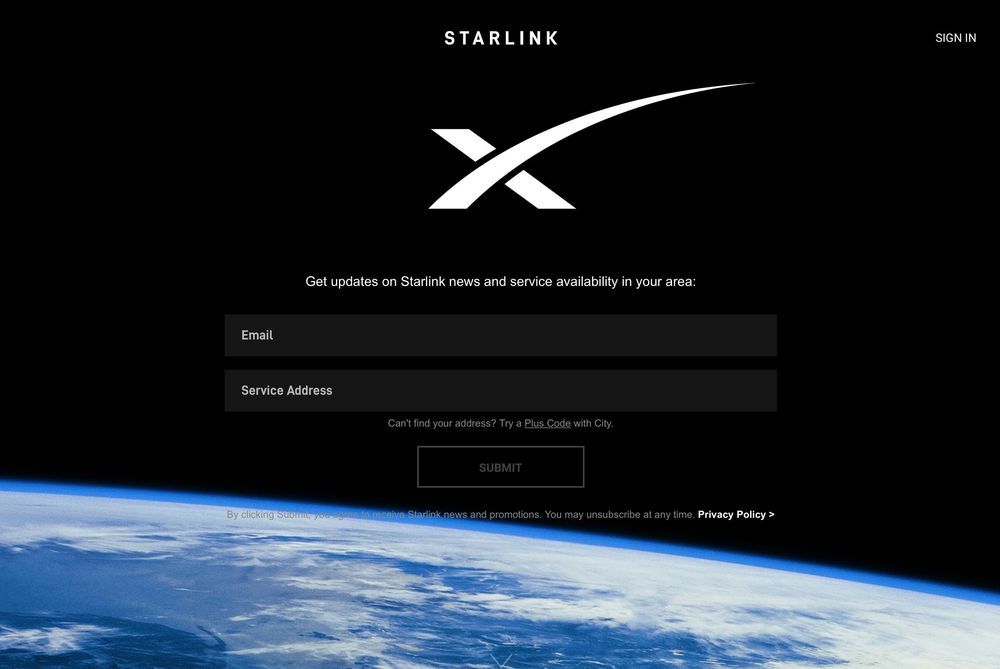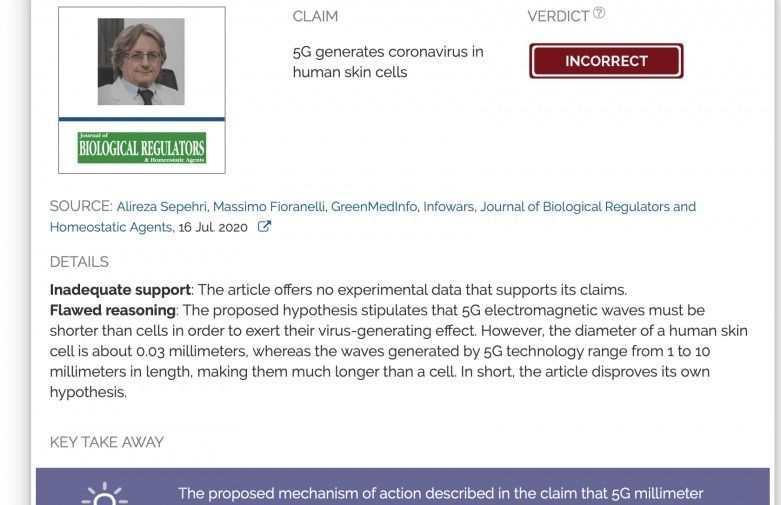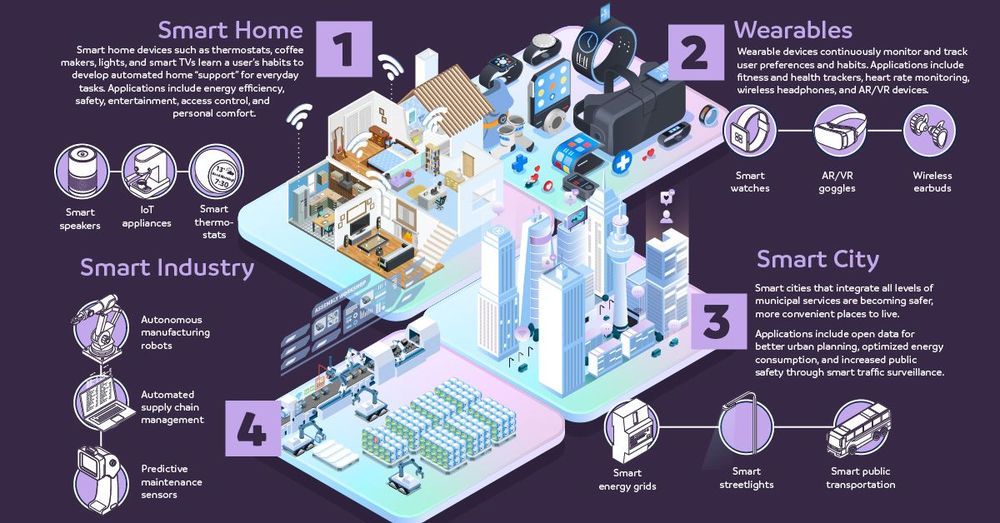
Behind all this doom and gloom, the current COVID-19 viral threat, dreaded climate disasters and feared robocalypse, it’s hard to see a bigger and amazingly brighter picture. Are we evolving into a new species with hybrid thinking, interlinked into the Global Mind? Once our neocortices are seamlessly connected to the Web, what will that feel like to step up one level above human consciousness to global consciousness? Any crisis, including the current one, is an opportunity to transcend the quagmire of status quo.
Are we evolving into a new species with hybrid thinking, interlinked into the Global Mind? At what point may the Web become self-aware? Once our neocortices are seamlessly connected to the Web, how will that feel like to step up one level above human consciousness to global consciousness?
In his book “The Global Brain” (2000) Howard Bloom argues that hyperconnected humans and machines resemble a lot the neurons of the “global brain,” and the coming Internet of Things (IoT) with trillions of sensors around the planet will become effectively the nervous system of Earth. According to the Gaia hypothesis by James Lovelock, we have always been an integral part of this “Meta-Mind,” collective consciousness, global adaptive and self-regulating system while tapping into vast resources of information pooling and at the same time having a “shared hallucination,” we call reality.
Continue reading “Holo Syntellectus: Are We Evolving into a New Cybernetic Species Interlinked into the Global Mind?” »

















